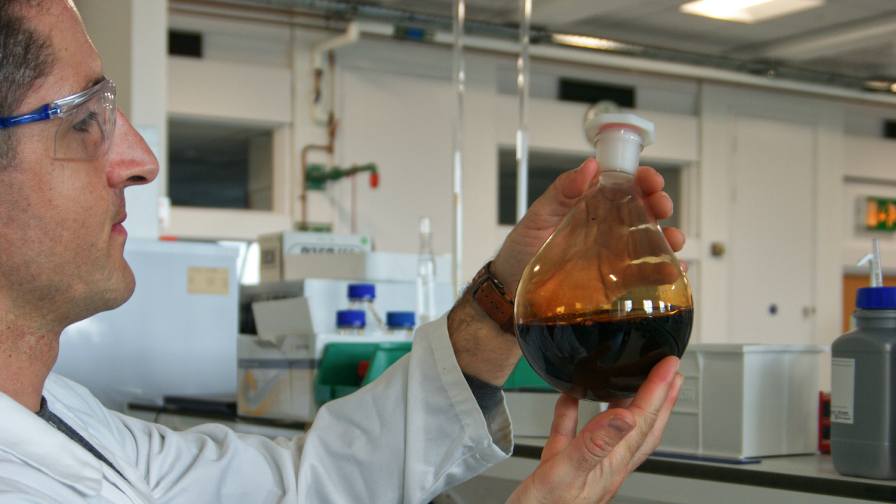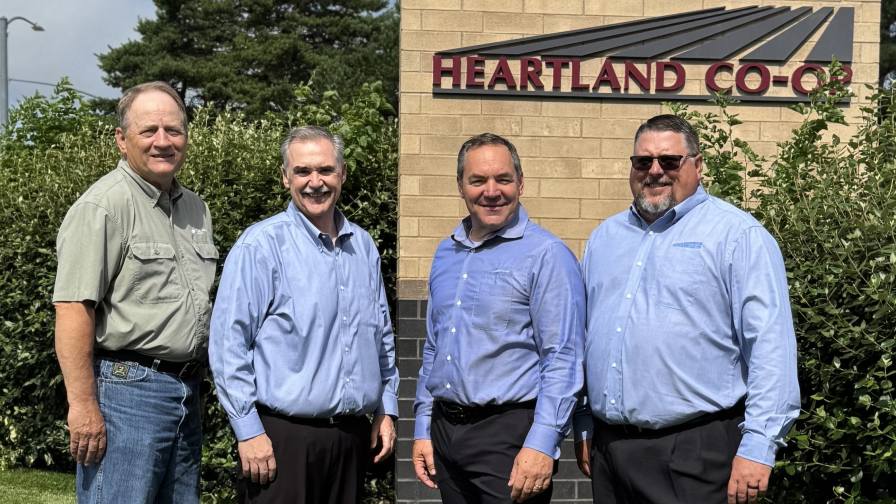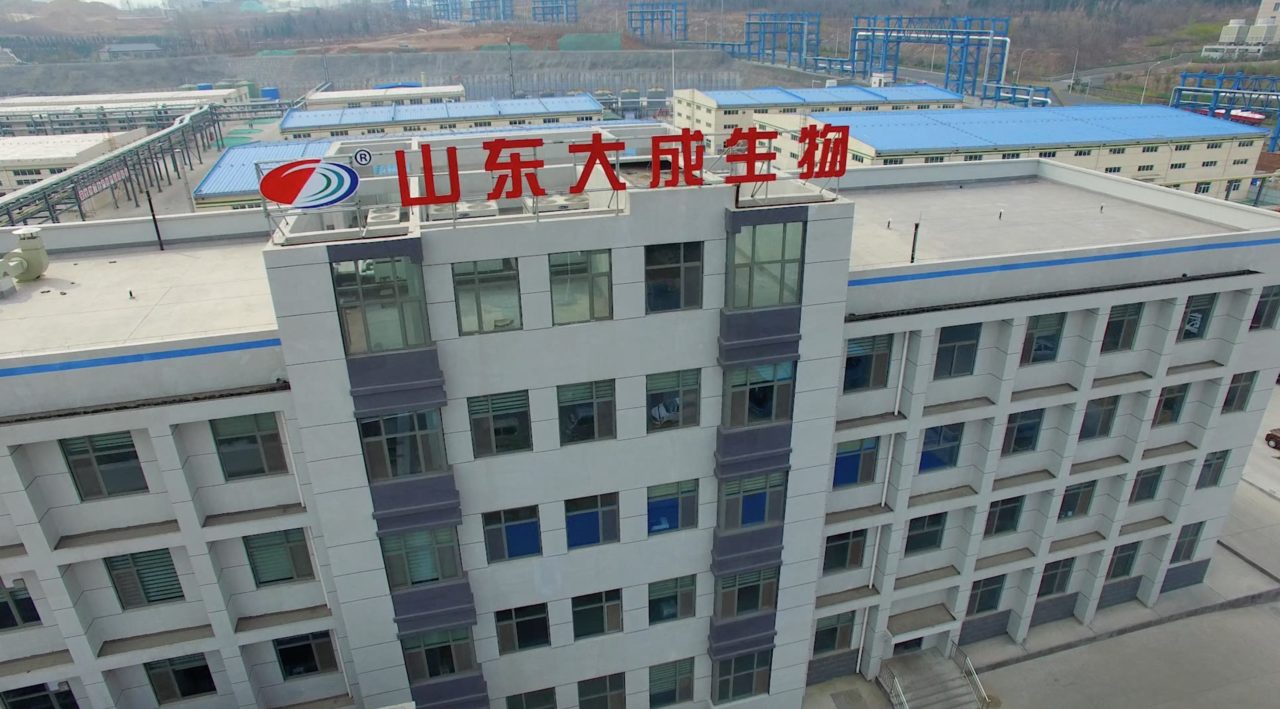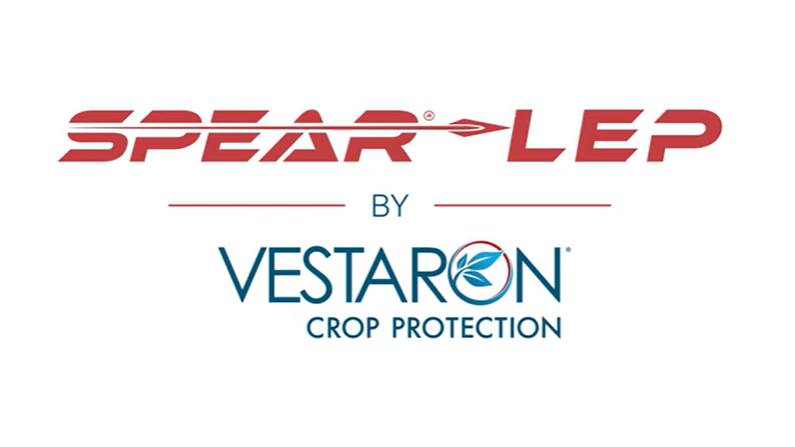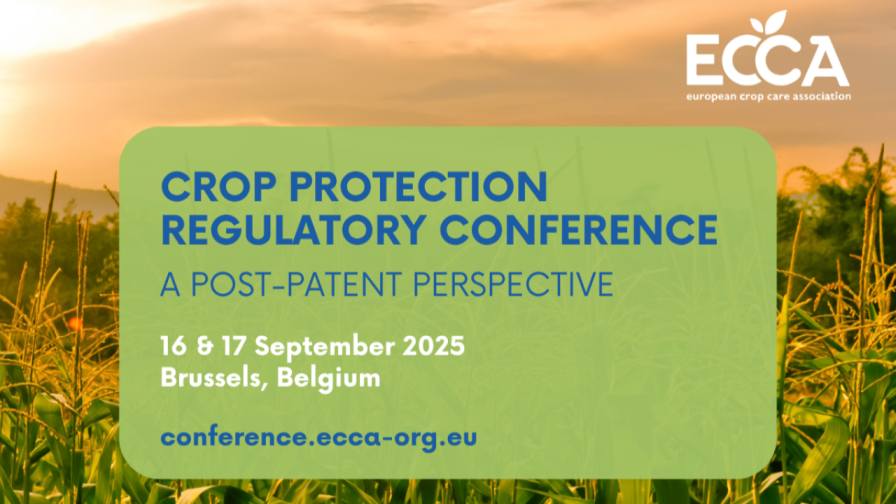The Fundamental Fight
Illegal pesticides are killing people. Sometimes they kill them quickly, as portrayed in an anecdote in our cover story. And sometimes the emotional and financial strain from loss of crops from bad products leads farmers to suicide.
Then there are the long-term effects, including health repercussions on applicators who are consistently exposed to unregulated toxic substances. The health of the community, too, can be compromised through unregulated substances leaching into the environment and the food supply.
The societal demand on our industry is great: Double the productivity of existing croplands by 2050 while treading lightly on the environment. Newer agriculture technologies are helping farmers leave a smaller ecological footprint in markets where farmers are prone to adopt new technology. But in emerging economies, crop intensification is a fraction of what makes the US, EU and Brazil the agriculture giants they are today.
FCI and its Trade Summits are making counterfeiting an editorial priority. Throughout the past year, I’ve been told the same story repeatedly about fear, intimidation and loss of property and life as a result of using tainted products. This same story resurfaces on every continent, but it is far more serious in emerging markets.
The simple use of herbicides could quadruple productivity and save thousands of hours of labor in the field, where the families of small shareholder farmers often spend their days. But even the most basic step toward better yields and better lives for farmers is hampered by spurious pesticides.
Once farmers lose confidence in a distribution system that harms rather than helps their businesses, they are wary to return. Emerging economies bear the heaviest burden to increase crop production, yet are the most affected by illicit trade.
Our industry has a responsibility to actively engage in anti-counterfeiting. We must vet our trading partners to ensure they are legitimate formulators. We must cooperate with regulatory systems and optimize formulations to instill confidence in farmers. And we must join forums that expose the real and potential dangers of illegal, mislabeled or low-grade products.
We not only owe it to the farming communities for health and safety reasons, but there is some serious money slipping through the fingers of legitimate companies. More than 10% of the crop protection industry’s value is sucked into illegal channels. An estimated $4 billion is lost each year, and that has contributed to the deflation of product prices in emerging markets as much as overcapacity and overproduction. Counterfeits further stagnate the value chain and give farmers a false sense of what legitimate products cost.
But big challenges present big opportunities. In Malaysia, one-third of the market share is up for grabs if farmers can be educated about proper use of proper products. Of course, big plantations mean big business, and not all buyers of illicit products do so unknowingly. This pushes the need for enforcement to the forefront.
In governments where regulators are understaffed and oftentimes lacking technical wherewithal to enforce existing laws, it will require a coalition of stakeholders to fight what has become an endemic problem in some regions.
Throughout 2012, FCI plans to heighten the dialogue about illegal pesticides and the repercussions they have on farming communities, especially in these emerging markets.
We work with regulators to stem the flow of illicit products. That’s a story that is worth telling in the mainstream media, and a rare opportunity for the public to hear about role that the agriculture plays in protecting their health, wealth and food supply.

